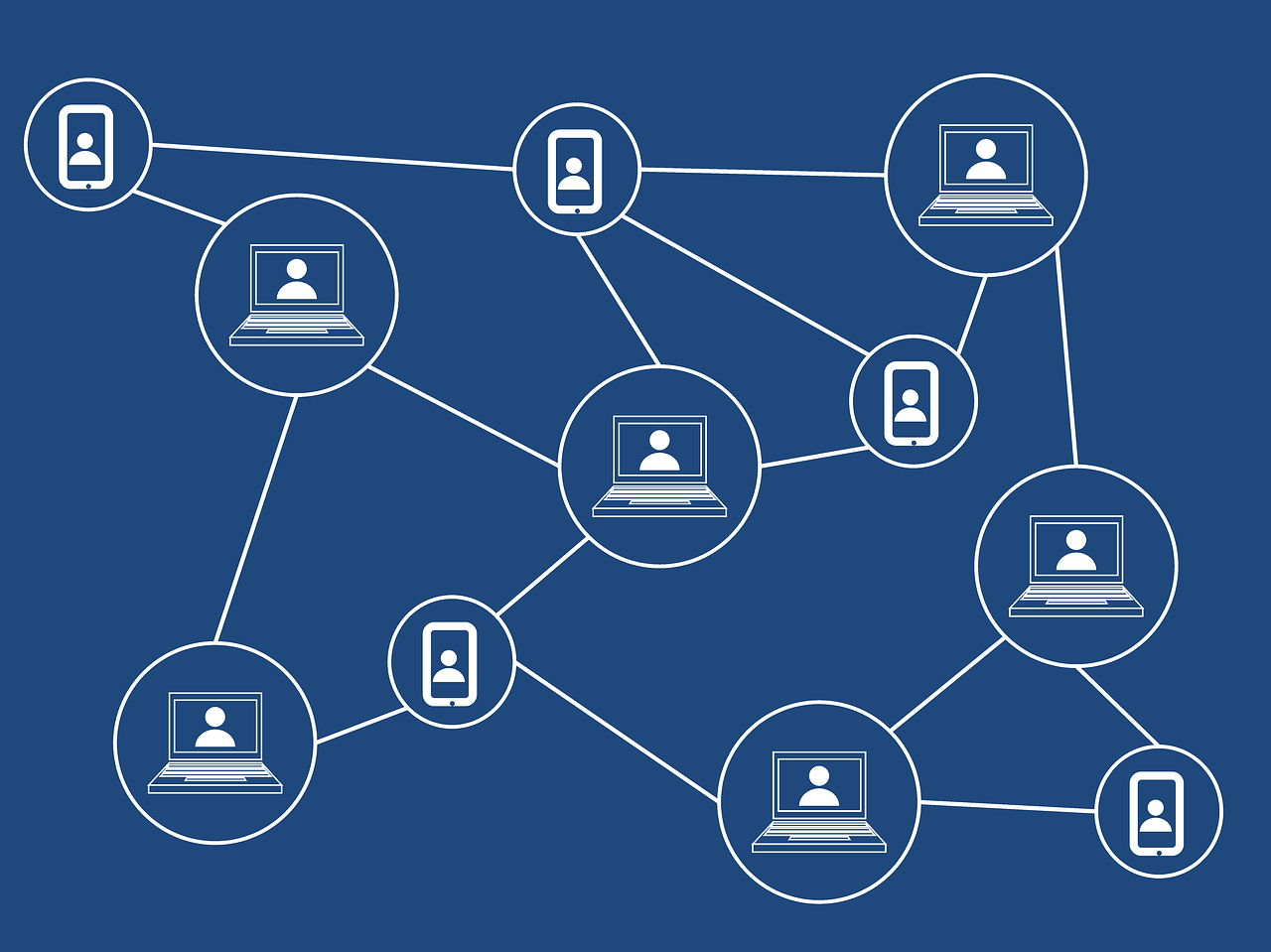

This Monday, Digitex Futures announced its plans to become a DAO. If that leaves you with a couple of questions, let’s delve a little deeper.
To start with, what is a DAO exactly and how does it work? And who is Digitex Futures?
A DAO is a decentralised autonomous organisation. But you could have just looked that up on Google. The very essence of a DAO is to remove the hierarchy and individual ownership from an organisation. So, instead of having a pyramid style of leadership, you can think of a decentralised company as being circular.
Every participant in the organisation votes on matters concerning the company through digitally programmed mechanisms coded into smart contracts.
It might seem like a strange concept at first, but a DAO gives participants voting and ownership rights and makes the system much fairer.
It’s also a way of improving efficiencies in that many routine tasks can be automated. Think about cryptocurrencies like Bitcoin or Ether cutting out the need for a middleman in a financial transaction. What a DAO does for a company is cut out the need for additional parties where repetitive functions abound.
For example, smart contracts can be programmed to pay out employee salaries when they meet certain conditions, such as completing the agreed-upon work by a certain date. Suppliers and providers can also be paid automatically.
Although Dash occasionally comes under fire for not being 100% decentralised, its model of governance is a DAO. Anyone can submit proposals to DAO participants to vote on, from hiring a new legal team to implementing a charity project in Venezuela. The DAO members vote on whether to approve or reject the proposal.
The concept of a DAO is still very new and there are few companies that can claim to have achieved a truly decentralised circular business model. However, the idea is gaining traction. Even behemoth financial corporations such as JP Morgan are experimenting with smart contracts in their businesses to preprogram multiple back-office tasks.
If you’ve heard the acronym before, it’s probably because of Ethereum’s disastrous attempt at becoming a DAO in 2016. Simply called The DAO, the decentralised organisation was working well for the first few months until an opportune hacker spotted a loophole in a smart contract and was able to drain around $60 million worth of Ether.
Back then, Ethereum was hardly a year old. This amount of Ether lost was a catastrophe for the blockchain project, and it had to take the contentious decision of creating a hard fork to effectively erase the damage. This split Ethereum into two camps and saw the birth of Ethereum Classic, who continued on the original code, and Ethereum as we know it today.
With precedents such as this still fairly fresh in the cryptocurrency community’s mind, is it too early for other companies to think about becoming a DAO? After all, a smart contract is only as good as the person who coded it. What’s to stop another loophole from harpooning the organisation?
Well to be fair, three years in the cryptocurrency space is a long time. Technology has come a long way since then. This time last year, JP Morgan CEO Jamie Dimon was calling Bitcoin “stupid” – now the company has created its own cryptocurrency and is implementing smart contracts.
Moreover, smart contracts are now audited instantly before being deployed on the blockchain to check the code. Still though, it’s a pretty bold step for any company to take.
Anyone familiar with the Digitex Futures project will know it isn’t your average company. With its huge community, colourful CEO, and development ups and downs, it’s made a lot of noise – some good and some bad.
But with its latest development team backed by Ethereum and specialists in security and smart contract auditing, CEO Adam Todd feels that the company couldn’t be better positioned to take this step.
In a recent video, he explained that the process won’t happen overnight. In fact, ownership of Digitex will be transferred to its community members over the next five years. As sole owner and CEO, Adam will be rescinding 80% of his ownership in Digitex so that the company can introduce a system of decentralised governance by blockchain.
Digitex will be creating new tokens called DigiDAO (DGDAO) tokens. These will be given away daily to DGTX token holders (the native token of the commission-free exchange) in proportion to the amount of DGTX that people hold on the exchange.
The DGDAO tokens will essentially transform DGTX into a pure utility token as it will be used for all operations on the exchange. All voting and equity ownership rights will be transferred to holders of DGDAO tokens.
So far, the reaction has been rather mixed. As you may imagine, the news has caused a lot of questions. Adam Todd held a live AMA on Wednesday that seemed to clear up most people’s doubts, although the company is still collecting feedback.
The majority of the community appeared to like the idea of gaining equity ownership of the exchange simply for holding DGTX. The token price jumped by around 20% just after Adam’s initial video on June 17. However, the DGTX token is currently trading some 10% down on June 19.
This could be a sign that token holders still have more questions or that Digitex will have to work harder to regain credibility. After two very public delays, all most people want to know now is when the exchange will launch, no matter how many innovative plans the company has.
Whatever the outcome of the ambitious venture, it will be interesting to see how the DigiDAO plays out.
Denver, Colorado, 24th February 2025, Chainwire
Denver, Colorado, 20th February 2025, Chainwire
Washington, D.C., 18th February 2025, Chainwire
Dubai, UAE, 27th January 2025, Chainwire
Those who enter the market at this time may be surprised to hear that Bitcoin…
George Town, Grand Cayman, 22nd November 2024, Chainwire